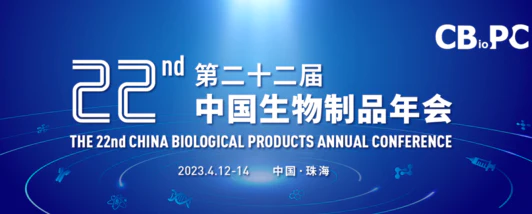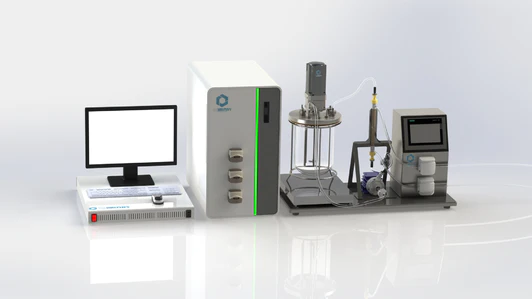The perfusion culture process is a commonly used fermentation process, mostly using agitated cellular fermentation systems. During the fermentation process, the culture solution is continuously poured into the fermenter while flowing out at the same flow rate.
The advantage of the perfusion process is that it allows for the continuous removal of cellular debris and by-products during the fermentation process, and reduces the effect that the various enzymes released by cell death may have on the product. At the same time, a higher yield per unit volume can be obtained due to the provision of a more constant culture environment by continuous perfusion of fresh culture broth. High-density fermentation of cells can be achieved because perfusion systems tend to utilize cell retention and recovery systems.
Currently, the selection of methods for animal cell culture depends mainly on the characteristics of cell growth and the nature of the target protein. The significant advantage of perfusion culture is that proteins can be isolated in time with the culture medium, and proteins stay in the reactor for a short period of time, less affected by the degradation effect of various hydrolytic enzymes in the culture system, which is conducive to the increase of protein amount. This feature is extremely favorable for the production of chemically unstable proteins, such as enzymes and coagulation factors.
The following table lists some of the biopharmaceuticals that have been produced using the perfusion technique.
(Image from the internet) )
There are now cases in China in which the perfusion process has been successfully applied to the production. For example, PYUK (Recombinant Human Urokinase Progenitor for Injection) has achieved large-scale production using serum-free continuous perfusion culture technology, and the drug was successfully marketed in 2011.
The current diverse manufacturing environment has seen an increasing trend among biotech companies to develop highly flexible and efficient manufacturing processes. Perfusion culture has been widely used in the bioengineering industry as an effective means of achieving increased yields of recombinant proteins with low stability. Perfusion cultures are able to achieve the amount of protein produced by replenishment batch cultures on a large scale by virtue of small-scale bioreactor production, allowing for miniaturization of the culture scale and increased operational flexibility.
References:
1. Pollock J, Ho SV, Farid SS. Fed-batch and perfusion culture processes: economic, environmental, and operational feasibility under uncertainty. Biotechnol Bioeng, 2013,110(1):206-219








